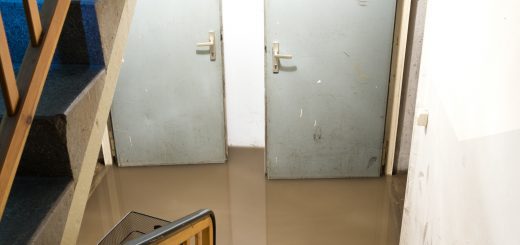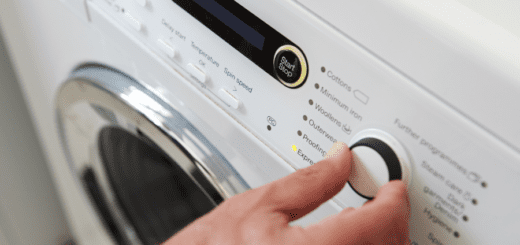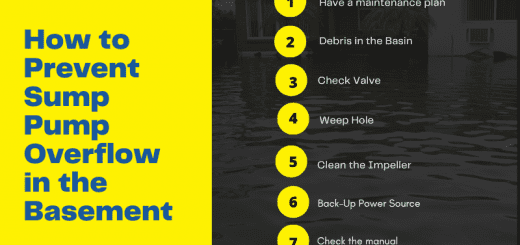How Groundwater Causes Basement Flooding
If you’ve ever experienced a flooded basement, then you know just how disruptive and costly it can be. While there are many potential causes of basement floodingFlooding is the overflow or accumulation of water in areas t... More, one of the most common is groundwaterGroundwater is water that exists beneath the earth’s surfa... More. In this post, we’ll explore what groundwaterGroundwater is water that exists beneath the earth’s surfa... More is, how it can cause basement floodingFlooding is the overflow or accumulation of water in areas t... More, and what homeowners can do to prevent it from happening in the future.
What is GroundwaterGroundwater is water that exists beneath the earth’s surfa... More?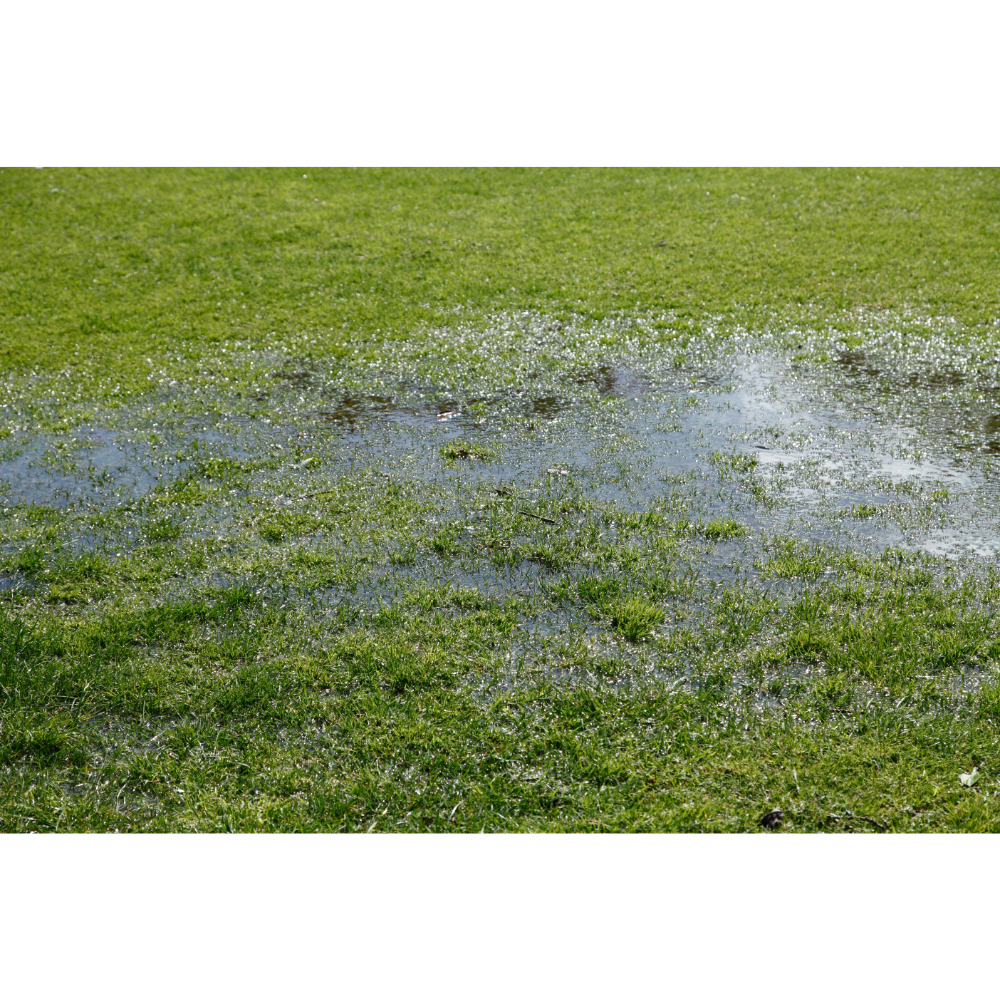
GroundwaterGroundwater is water that exists beneath the earth’s surfa... More is water that is found beneath the surface of the earth. It is usually found in layers of soil and rock, known as aquifers, which act like sponges and absorb water from rain or melting snow. This water can then be pumped out of the ground for use by humans.
GroundwaterGroundwater is water that exists beneath the earth’s surfa... More plays a crucial role in global water supply, with it being used to provide drinking water, irrigate crops, and even generate hydropower. It is an abundant resource that is replenished by the cycle of precipitation and can be considered a renewable source of water. However, groundwaterGroundwater is water that exists beneath the earth’s surfa... More can cause extensive damage to homes and other buildings in the instance of heavy rainfall or similar scenarios if not mitigated properly. This makes being proactive in protecting your home an absolute must if you want to avoid groundwaterGroundwater is water that exists beneath the earth’s surfa... More floodingFlooding is the overflow or accumulation of water in areas t... More in your basement.
What is Groundwater Flooding?
GroundwaterGroundwater is water that exists beneath the earth’s surfa... More floodingFlooding is the overflow or accumulation of water in areas t... More is a serious issue that can leadLead is a heavy metal that can be toxic to humans, especiall... More to substantial disruption and damage to homes. It typically arises from prolonged periods of rainy weather, surges in river levels, or coastal tides driving the water underground causing it to break through the surface.
Basement floodingFlooding is the overflow or accumulation of water in areas t... More caused by groundwaterGroundwater is water that exists beneath the earth’s surfa... More can also occur when an area receives a lot of rainfall or snowmelt in a short time period. This influx of water can overwhelm sewers and other drainage systems, causing them to back up into homes. Additionally, if there are cracks or gaps in a home’s foundation, this excess water can seep through these openings and into the basement, leading to further damage.
Since groundwaterGroundwater is water that exists beneath the earth’s surfa... More floodingFlooding is the overflow or accumulation of water in areas t... More carries with it two to four times more damage to buildings than surface floodingFlooding is the overflow or accumulation of water in areas t... More, as well as a longer duration of the event, taking effective action against such floods is essential. Although less hazardous to human health due to the lower depths of water associated with underwater sources, groundwaterGroundwater is water that exists beneath the earth’s surfa... More floodingFlooding is the overflow or accumulation of water in areas t... More still has considerable potential to cause destruction. GroundwaterGroundwater is water that exists beneath the earth’s surfa... More floodingFlooding is the overflow or accumulation of water in areas t... More may present itself in any of the following ways:
- Increasing water flows can signal potential groundwaterGroundwater is water that exists beneath the earth’s surfa... More floodingFlooding is the overflow or accumulation of water in areas t... More, especially if the water rises into the property via the basement, service ducts, or other structures below the surface of the home. As this progresses, it may eventually destabilize the terrain and affect slope stability.
- FloodingFlooding is the overflow or accumulation of water in areas t... More from groundwaterGroundwater is water that exists beneath the earth’s surfa... More often occurs with a lag after an episode of heavy rain. When this water enters your home, be aware that it could be contaminated by brownfields or sewageSewage is wastewater containing biological and chemical cont... More, so it is best to contact a professional to avoid biohazard risks.
- GroundwaterGroundwater is water that exists beneath the earth’s surfa... More floodingFlooding is the overflow or accumulation of water in areas t... More can have a long-term impact relative to surface water floodingFlooding is the overflow or accumulation of water in areas t... More, with effects lasting anywhere from weeks to months. This could cause significant property damage if not treated quickly and properly by a trained professional.
What Can Homeowners Do to Prevent Basement FloodingFlooding is the overflow or accumulation of water in areas t... More?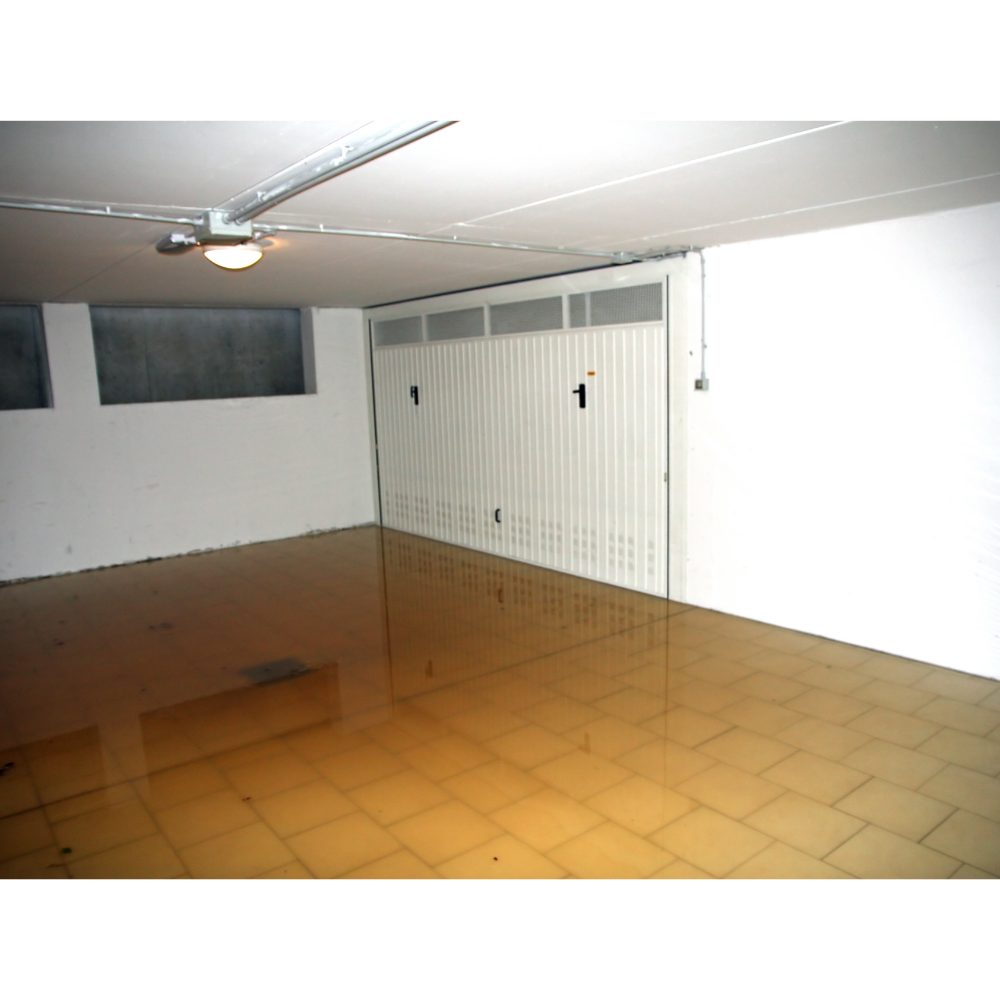
Fortunately, there are simple steps that homeowners can take to reduce their risk of basement floodingFlooding is the overflow or accumulation of water in areas t... More due to groundwaterGroundwater is water that exists beneath the earth’s surfa... More. Implementing these tips can help you avoid a costly flood down the line.
- Keep your basement dry by regularly cleaning out your gutters and downspouts so they don’t get clogged with organic matter or other materials. Simple regular maintenanceMaintenance is the routine care, inspection, and repair of a... More can help keep basements dry and reduce the risk of floodingFlooding is the overflow or accumulation of water in areas t... More.
- Regular home inspections by a professional contractor can be one of your best defenses against unexpected basement floodingFlooding is the overflow or accumulation of water in areas t... More. Detecting potential issues early on helps you stay ahead of any costly damage to your property and peace of mind.
- You should also take proactive steps to shield your home from basement flooding–install waterproofingWaterproofing is the application of materials or coatings de... More products like sump pumps or French drains around the foundation for maximum protection.
- Seal cracks with a proper sealant and add window well covers to keep water out of the basement.
Flooded basements caused by groundwaterGroundwater is water that exists beneath the earth’s surfa... More infiltrationInfiltration is the process by which water, air, or other su... More pose a serious risk for homeowners, but fortunately, there are steps you can take to reduce your risk of experiencing this type of floodingFlooding is the overflow or accumulation of water in areas t... More in the future. Regularly cleaning out your gutters and downspouts; having your home inspected by a professional contractor; and installing waterproofingWaterproofing is the application of materials or coatings de... More products around your foundation will all help reduce the chances that you will experience a basement flood due to groundwaterGroundwater is water that exists beneath the earth’s surfa... More infiltrationInfiltration is the process by which water, air, or other su... More in your home. With proper maintenanceMaintenance is the routine care, inspection, and repair of a... More and planning, you’ll be able to protect your home from costly damage caused by floodingFlooding is the overflow or accumulation of water in areas t... More due to excessive rain or snowmelt.
In the event that you’re already experiencing the damaging effects of groundwaterGroundwater is water that exists beneath the earth’s surfa... More floodingFlooding is the overflow or accumulation of water in areas t... More, a professional water damage restoration team can help. By recruiting the help of a professional, you can ensure that you’re treating the issue efficiently and with respect to safety guidelines that keep you and your loved ones protected.










